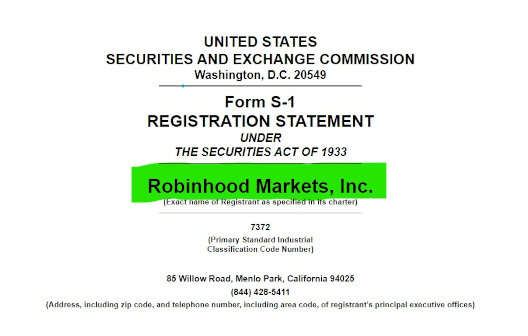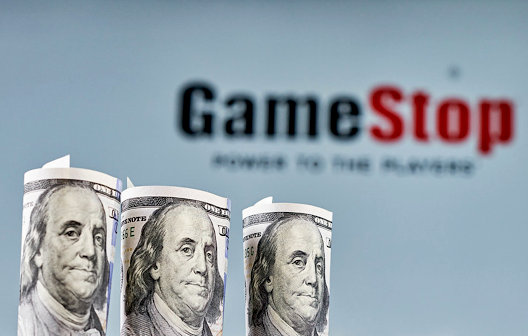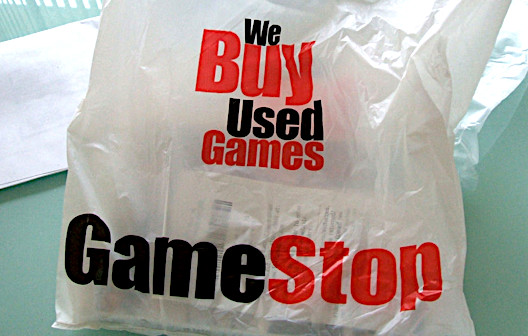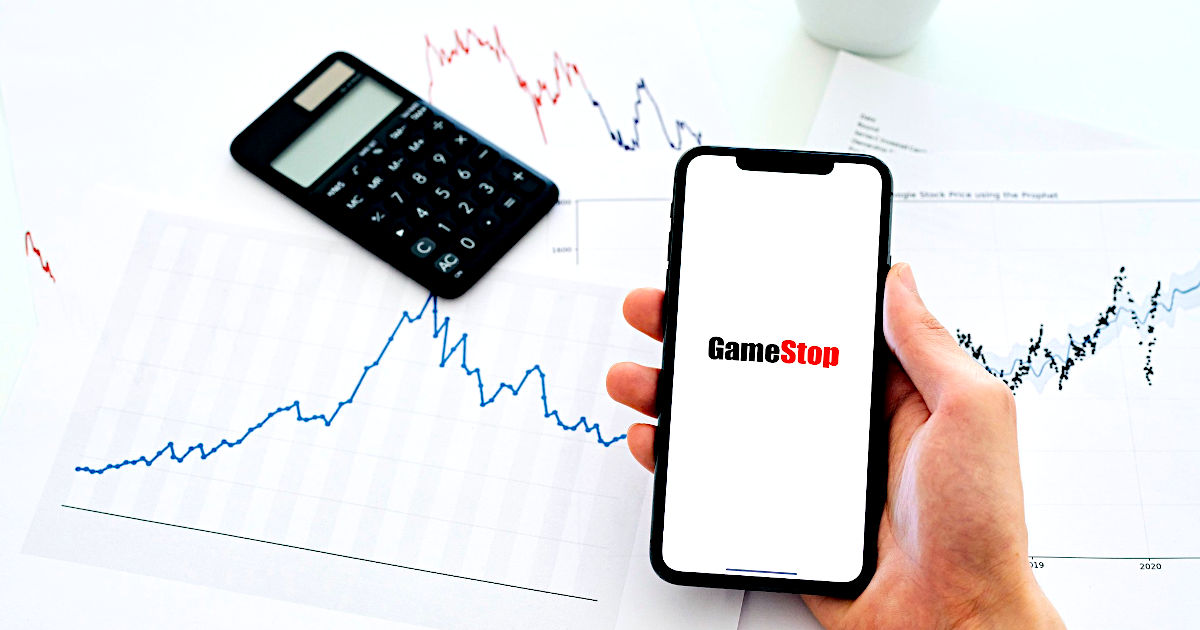The SEC Issues 44 Page Report On January Short Squeeze
The Securities and Exchange Commission (SEC) released a report yesterday (October 18) with conclusions on January’s “meme stock madness” and for some, “short-squeeze sadness. ” While many like to think the little guy with the trading app got to slay the big bad hedge funds, according to the SEC, it didn’t really happen that way.
The SEC report on trading activity from January, along with a statement from SEC Chair Gary Gensler, says the Commission will use the episode to try to figure out how to make the markets more “fair, orderly, and efficient.” Although the short squeeze and the surprise restrictions on trading are often tied to GameStop ($GME) and Robinhood ($HOOD), many seemingly “dead-money” stocks shot higher during the second half of January. The cause was said to be retail investors on stock forums and message boards like the subreddit r/wallstreetbets conspiring to band together and buy until margin calls forced short-sellers to cover.
The movement was followed by many brokers restricting trading in the more active names ($AMC, $GME, $BB, $IBKR, $NOK, etc.), this caused confusion and cries of foul play among non-institutional market participants.

Page 16 of SEC Report on meme stocks dated October 18, 2021
The idea that the little guys were beating the Wall Street “machine” and that something intentionally unfair and nefarious occurred to suppress their full victory was debunked in the 44 page SEC report on the matter.
SEC Recommendations
While the report is boring compared to the drama and conjecture that occurred earlier in the year, the Commission makes specific recommendations about how the market should change and could be improved. Specifically, the report says that it would benefit the markets if trades had shorter settlements so clearinghouses wouldn’t have to hold as much collateral to prevent buyers and sellers from defaulting.
The SEC report observes that the primary reason behind the move up in GameStop shares was not a short squeeze but instead an overall enthusiasm of self-directed investors buying active stocks. While some short-sellers did appear to cause upward movement in the stock when they covered their open positions, the moves were overshadowed by the high volume of buyers of the stock. Details of the spike of retail interest can be summarized by this one line in the SEC release, “By Jan. 27, the number of unique accounts trading GME on a given day increased from less than 10,000 at the beginning of the month to nearly 900,000.”
Other Data
On Dec. 31, 2020, short interest in GameStop rose to 109%. This level convinced some retail traders that there was “naked short selling” going on. This is not a legal practice, but it is accomplished by shorting stock without first borrowing it. The SEC found that there was a higher than normal number of shares that sellers failed to deliver. This can occur with naked short sales because the short-seller doesn’t have the stock to deliver. The SEC report points out that other factors can explain the failures to deliver, and that there were not “persistent fails to deliver.” and they did not span multiple days. The SEC pointed to other reasons why short interest can spike above 100%, “If someone purchases a stock from a short seller and subsequently lends the stock out again, it will appear as if the stock was sold short twice for the purpose of the short interest calculation,” the report says.
What Part Did
Robinhood Play?
The report seems to support the explanation that brokers like Robinhood gave for restricting the purchase of some tickers. At the time, stockbrokers said they were forced to halt trading because of escalating demands from their clearinghouse(s) that required additional collateral to cover any potential losses. The clearinghouses did not want to be on the hook for covering losses in the event that trades failed as the increase in volume created a dangerous and challenging situation.
Brokers took special steps to meet the demand, Robinhood raised $3 billion in emergency funding. Another broker implemented trading restrictions for a different reason, they ran out of unique IDs to identify orders. The events of those days are now being fought over in court, and there still could be improper behavior uncovered. Additionally, the failure of market brokers and clearinghouses to keep up with the speed of the action raises concerns about how the market will handle the influx of new investors.
Overall Conclusion
The SEC report does not point to or suggest collusion between brokers and hedge funds or any other participants that would explain an alternative reason for the trading halts. In other words, no foul play was found.
There are some leanings in the report as to how markets might be revised down the road. The SEC’s conclusions include recommendations that they examine how behavioral prompts from online brokers may encourage trading among retail customers. Payment for order flow is something else that is still being reviewed and how payment for order flow, (payments from market-makers to brokers to execute their trades) impacts small investors. The SEC admits in the report that regulators would benefit if there was more info out there on short selling.
Suggested Reading:
 Would T+1 Settlement Prevent Margin Calls?
|
 Robinhood’s IPO and its Place in Stock Market History
|
 Is This Bullish for GameStop?
|
 Polarized Opinions Around the GameStop Short Squeeze
|
Sources:
https://www.sec.gov/news/press-release/2021-212
https://www.sec.gov/files/staff-report-equity-options-market-struction-conditions-early-2021.pdf
https://www.cbsnews.com/news/securities-and-exchange-commission-gamestop-meme-stocks-order-flow/
Stay up to date. Follow us:

|
